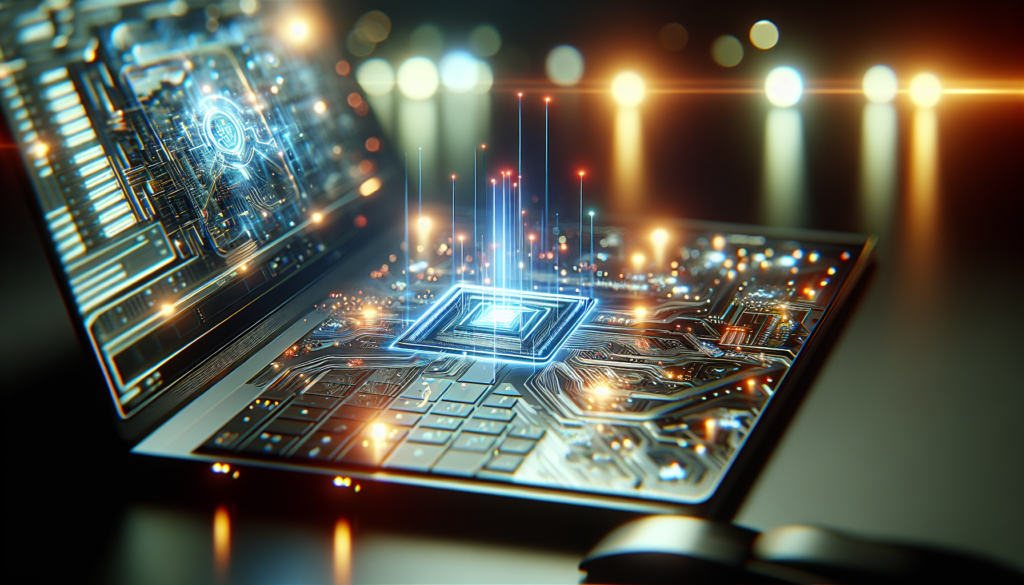Introduction
In today’s rapidly advancing technological landscape, Microsoft is at the forefront of innovation by developing AI-enhanced hardware specifically optimized for AI workload processing. This strategic initiative not only underscores Microsoft’s commitment to pioneering cutting-edge technology but also highlights the transformative potential of AI in various sectors. As businesses and industries increasingly rely on artificial intelligence to drive efficiency and productivity, the need for specialized hardware that can seamlessly handle complex AI tasks has never been more critical. In this article, we will delve into the intricacies of Microsoft’s AI-enhanced hardware, exploring its capabilities, applications, and the impact it promises to bring about in the tech world.
Understanding AI-Enhanced Hardware
AI-enhanced hardware refers to computing devices specifically designed or optimized to efficiently run artificial intelligence algorithms. Unlike traditional processors that are built for a wide range of tasks, these specialized units focus on accelerating machine learning and data processing tasks. Microsoft’s approach involves leveraging cutting-edge semiconductor technology and advanced neural network designs to create hardware solutions that significantly boost the performance of AI applications.
The Role of Specialized Processors
At the heart of AI-enhanced hardware lies specialized processors such as GPUs (Graphics Processing Units) and TPUs (Tensor Processing Units). These processors are integral to handling the massive parallel computations required for training deep learning models. Microsoft’s innovation in this domain includes developing custom chips that enhance data throughput and reduce latency, thereby accelerating model training times and improving real-time AI inference.
Integration with Cloud Services
Microsoft seamlessly integrates its AI-enhanced hardware with Azure cloud services, providing a robust platform for deploying AI applications at scale. This integration allows businesses to leverage the power of cloud computing alongside specialized hardware, facilitating more efficient data processing and enabling advanced analytics without the need for extensive on-premise infrastructure.
Applications in Industry
The implications of Microsoft’s AI-enhanced hardware extend across various industries. In healthcare, it can enable faster diagnostics through AI-driven image analysis. In finance, it can enhance fraud detection systems by processing large volumes of transaction data in real time. Additionally, the manufacturing sector can benefit from improved automation and predictive maintenance capabilities.
Challenges and Future Prospects
Despite its advantages, developing AI-enhanced hardware poses challenges such as energy consumption and the need for continuous innovation to keep pace with rapidly evolving AI algorithms. However, Microsoft’s ongoing research and development efforts are aimed at overcoming these hurdles, paving the way for more sustainable and powerful AI solutions.
Conclusion
In conclusion, Microsoft’s commitment to developing AI-enhanced hardware marks a significant milestone in the evolution of artificial intelligence technology. By optimizing hardware for specific AI workloads, Microsoft is not only enhancing performance but also enabling new possibilities across industries. For those interested in exploring how these technologies can be implemented within their organizations, SynconAI offers both implementation and consultation services. Whether you’re looking to enhance your AI capabilities or need guidance on the latest innovations, SynconAI’s expertise is just a click away at their contact page.


